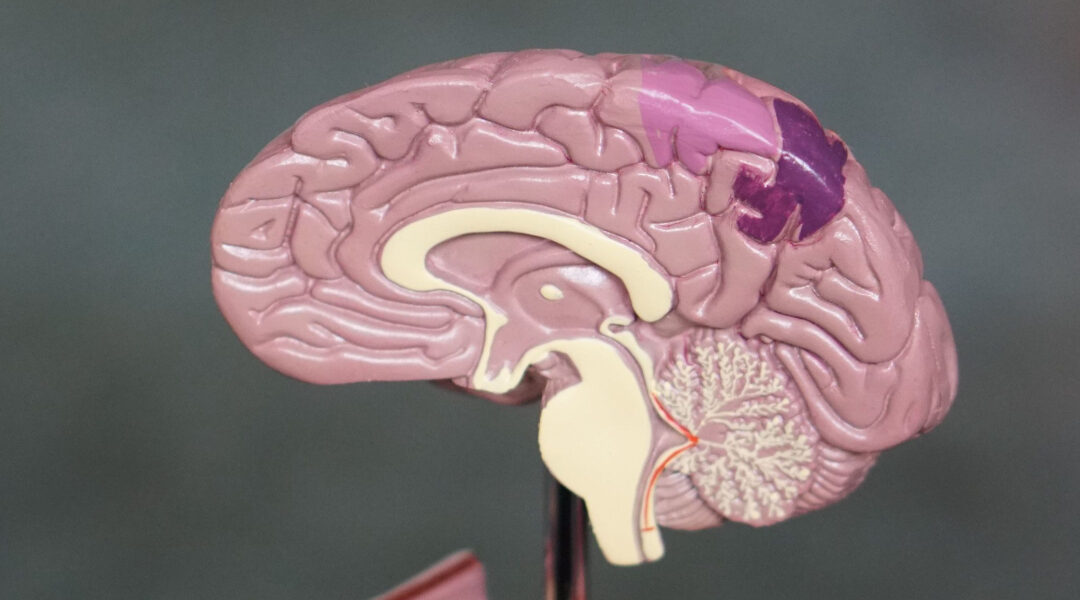In the quest to understand and combat age-related cognitive decline, scientists have turned their attention to a remarkable protein called Klotho. Emerging research suggests that this protein may hold the key to enhancing brain function and preventing conditions like dementia and Alzheimer’s disease.
Klotho, named after the Greek fate spinner who controlled the thread of life, was first discovered in 1997. It was initially recognized for its role in regulating the aging process and maintaining overall health. Since then, scientists have delved deeper into the potential benefits of Klotho, particularly in relation to brain health.
The human brain is a complex organ, and as we age, it undergoes various changes that can affect cognitive function. Dementia, a condition characterized by a decline in memory, thinking, and reasoning skills, is a growing concern for an aging population. Alzheimer’s disease, the most common cause of dementia, affects millions of individuals worldwide. Finding effective ways to prevent or delay the onset of these conditions is of utmost importance.
Recent studies have shown that Klotho plays a crucial role in supporting brain health. This protein is primarily produced in the kidneys, but it can also be found in the brain. Its levels tend to decrease as we age, and this decline has been associated with a higher risk of cognitive decline and neurodegenerative diseases.
One of the ways Klotho benefits the brain is by promoting the growth of neurons, the fundamental building blocks of our nervous system. Neurons are responsible for transmitting information within the brain and to other parts of the body. As we age, our brains naturally lose neurons, which can contribute to cognitive decline. Klotho appears to stimulate the growth and maintenance of these vital cells, potentially preserving cognitive function.
Moreover, Klotho has been linked to the regulation of inflammation and oxidative stress, both of which are known to play a role in the development of neurodegenerative diseases. Inflammation and oxidative stress can damage brain cells and accelerate cognitive decline. By reducing these harmful processes, Klotho may help protect the brain from age-related damage.
Additionally, Klotho seems to enhance the brain’s ability to form and strengthen connections between neurons, a process crucial for learning and memory. This protein supports the release of important neurotransmitters that facilitate communication between brain cells, contributing to improved cognitive function.
While the connection between Klotho and brain health is becoming clearer, researchers are still working to fully understand how to harness its potential. Several studies have shown promising results in animal models, but human trials are needed to confirm these findings and determine the best way to utilize Klotho for brain enhancement.
One avenue of research involves investigating ways to increase Klotho levels in the body. Scientists are exploring various methods, including genetic engineering, dietary interventions, and medications, to boost Klotho production. These approaches could offer new strategies for preventing or treating cognitive decline and neurodegenerative diseases.
Furthermore, Klotho is not just a potential solution for older adults. Its benefits may extend to individuals of all ages. Enhancing cognitive function and protecting against neurodegenerative diseases is a goal that transcends age boundaries.
The discovery of Klotho and its role in brain health represents a promising development in the field of neuroscience. While there is still much to learn and many questions to answer, the potential of Klotho to enhance brain function and combat conditions like dementia and Alzheimer’s disease is an exciting prospect. As researchers continue to unravel the mysteries of this remarkable protein, it may pave the way for innovative approaches to promote lifelong brain health and well-being.

